Longvida® Research
Longvida® Research
Don’t see what you’re looking for? All additional research is categorized under supportive research.
A phase 1 open prospective cohort trial of curcumin plus tyrosine kinase inhibitors for EGFR-mutant advanced non-small cell lung.
Curcumin improves hippocampal function in healthy older adults: A three month randomized controlled trial.
Evaluation of the efficacy and safety of capsule Longvida® Optimized Curcumin (solid lipid curcumin particles) in knee: A pilot clinical study.
High-dose, short-term Longvida® Optimized Curcumin® supplementation is associated with improved inflammatory response to eccentric muscle injury.
Long-term effects of curcumin in the non-human primate brain.
Oral curcumin supplementation improves fine motor function in middle-aged rhesus monkey.
Chronic curcumin treatment improves spatial working memory but not recognition memory in middle-aged rhesus monkeys.
Effect of Absorbine Bute-Less Performance supplement containing curcumim extract (Longvida SD Optimized Curcumin®) in horses with osteoarthritis or degenerative joint disease. Poster presentation in American Association of Equine Practitioners (AAEP).
Solid lipid curcumin particles induce more DNA fragmentation and cell death in cultured human cells than does natural curcumin.
Curcumin ameliorates neuroinflammation, neuodegeneration, and memory deficits in p25 transgenic mouse model.
Comparative neuroprotective effects of dietary curcumin and solid lipid curcumin particles in cultured mouse neuroblastoma cells after exposure to Aβ42.
Curcumin supplementation improves vascular endothelial function in healthy middle-aged and older adults by increasing nitric oxide bioavailability and reducing oxidative stress.
Pharmacokinetics of Longvida®: Dose-concentration correlation.
Retinal amyloid pathology and proof-of-concept imaging trial.
Development of a neuroprotective potential algorithm for medicinal plants.
Don’t see what you’re looking for? All additional research is categorized under supportive research.


